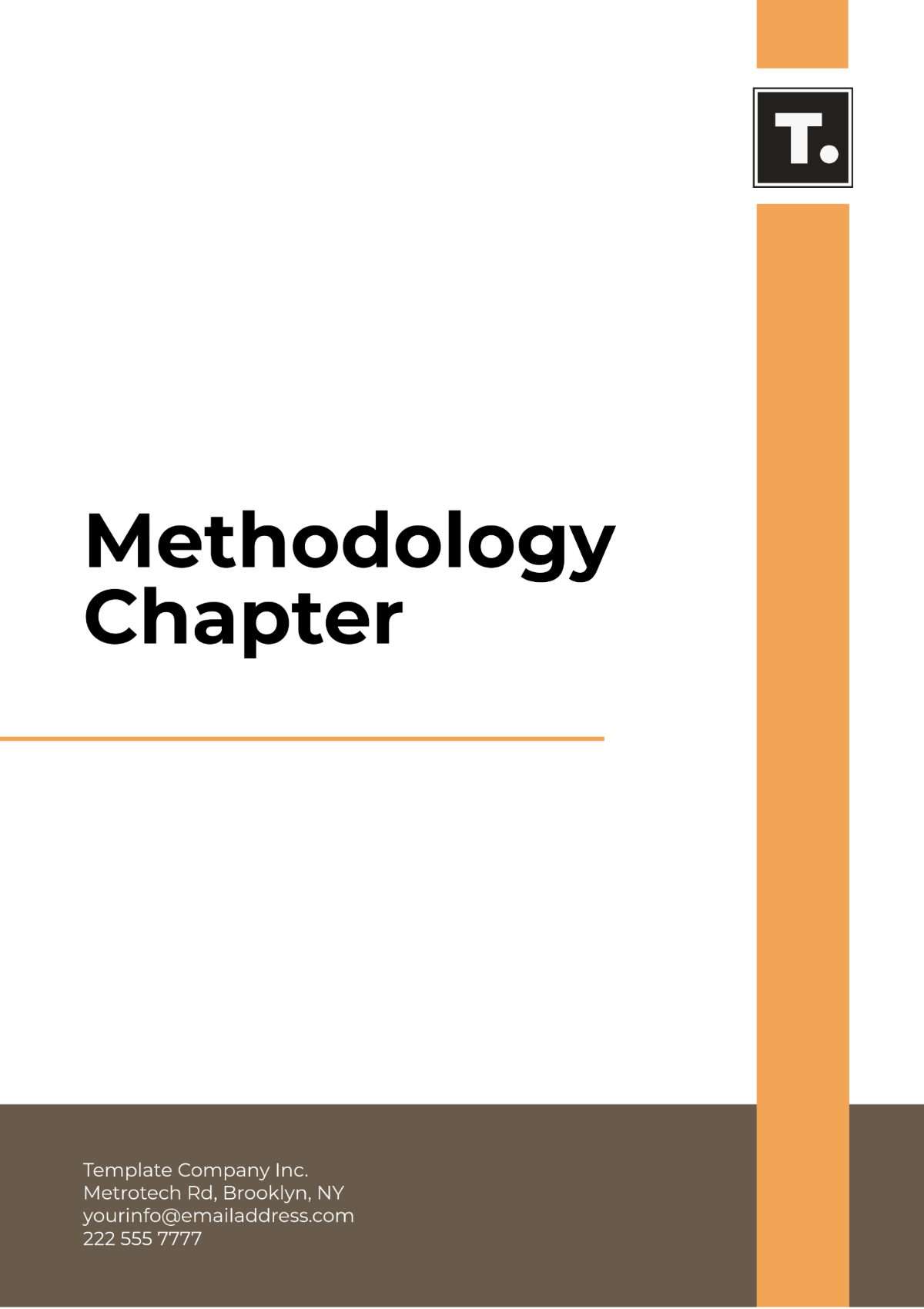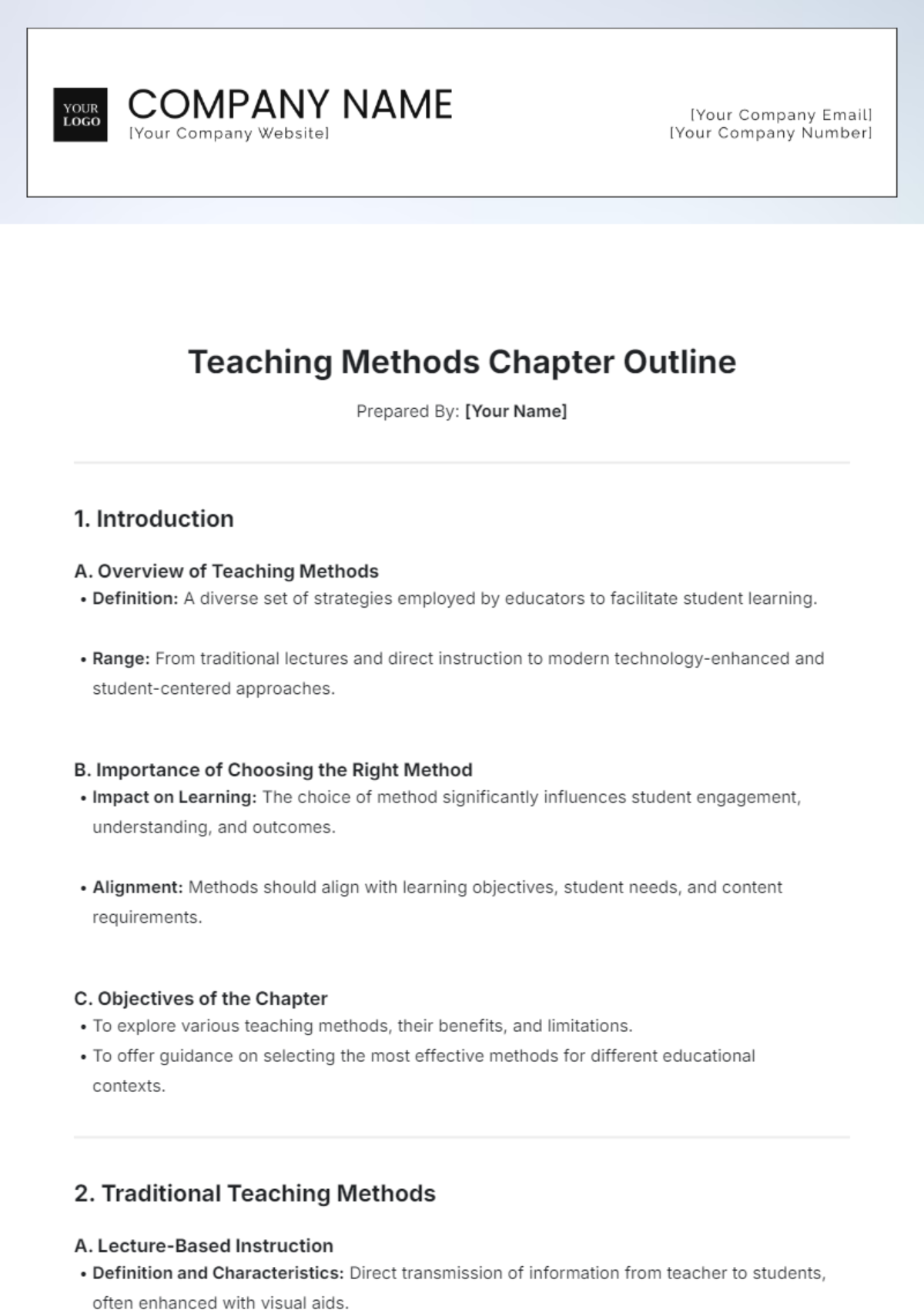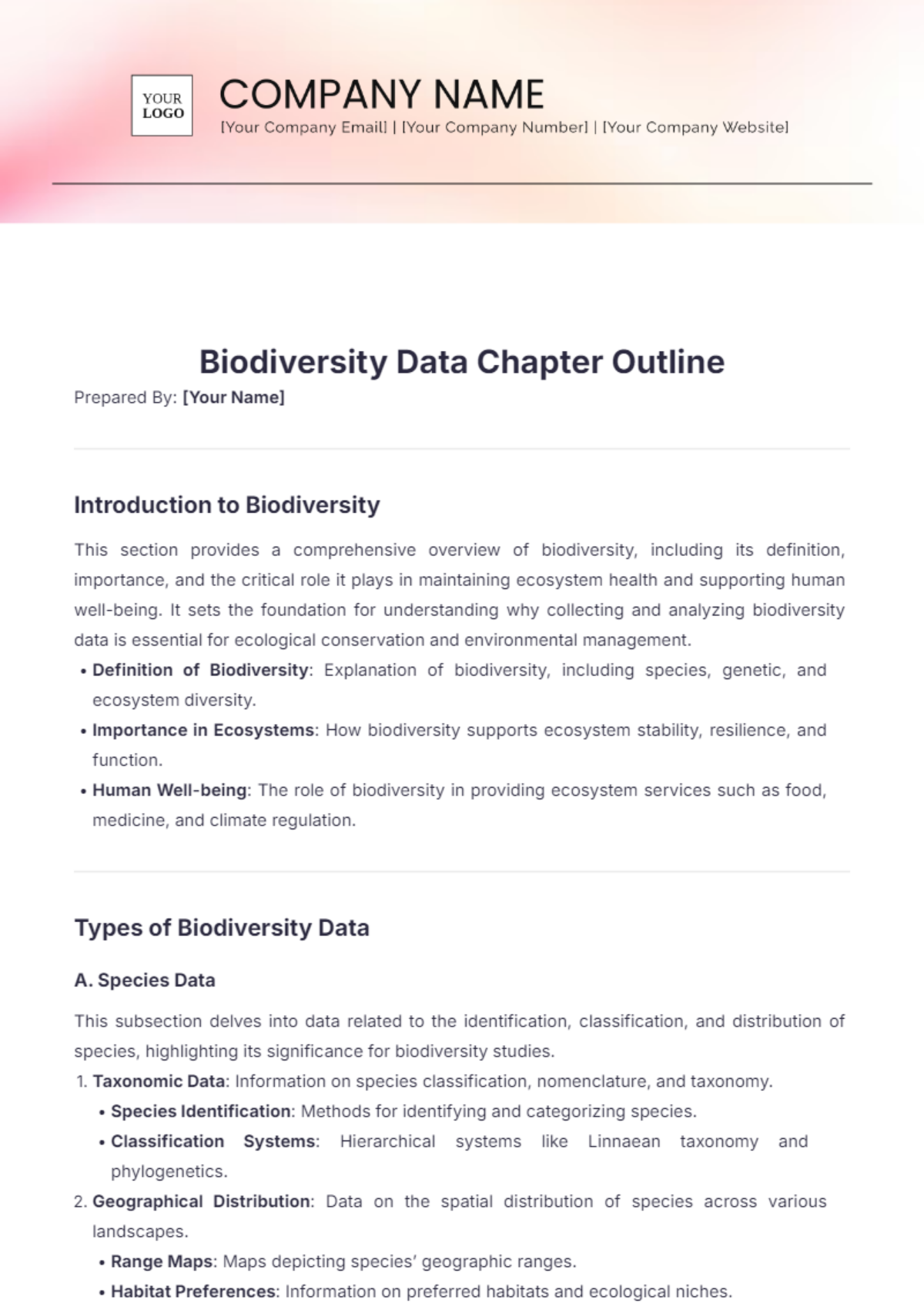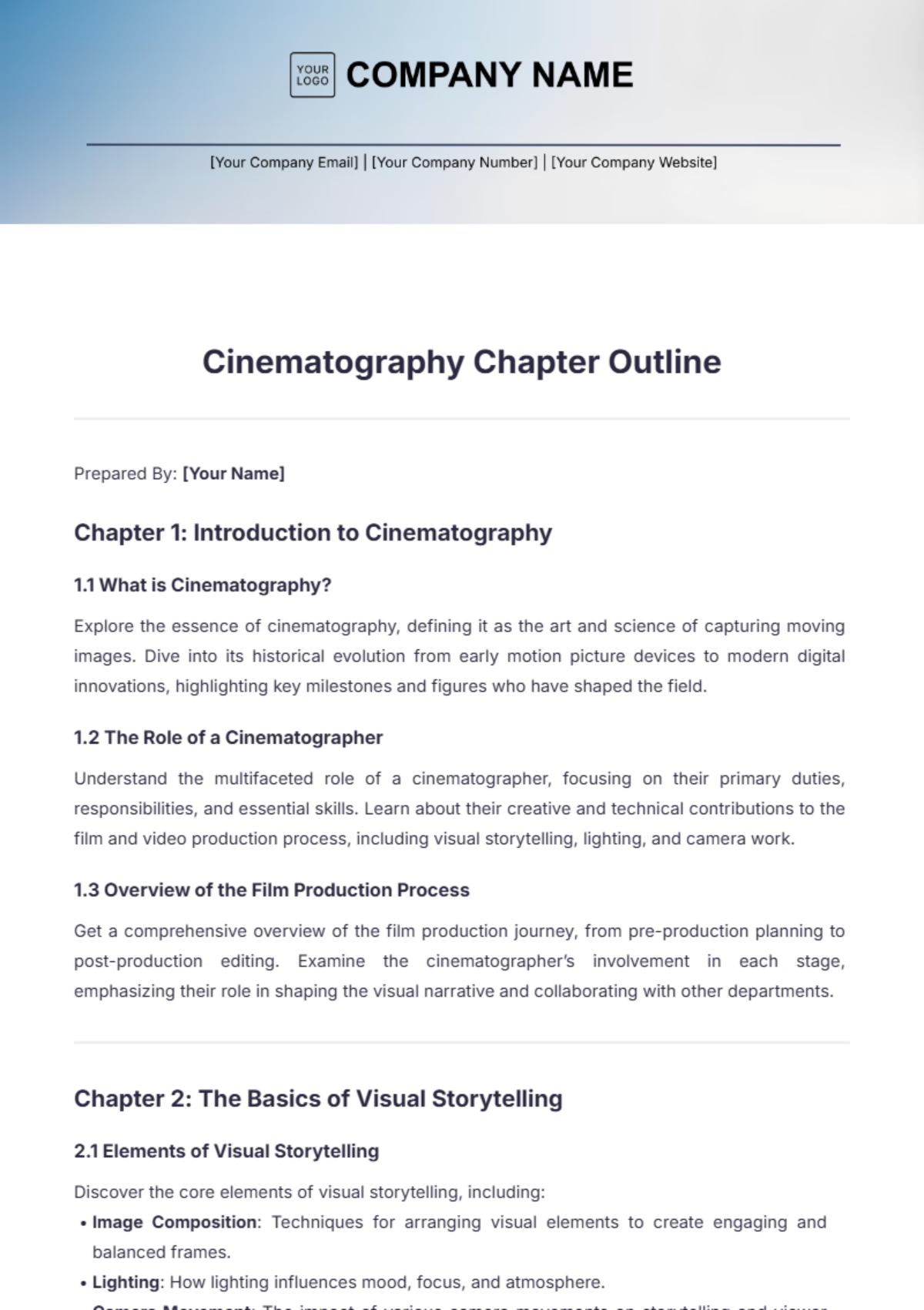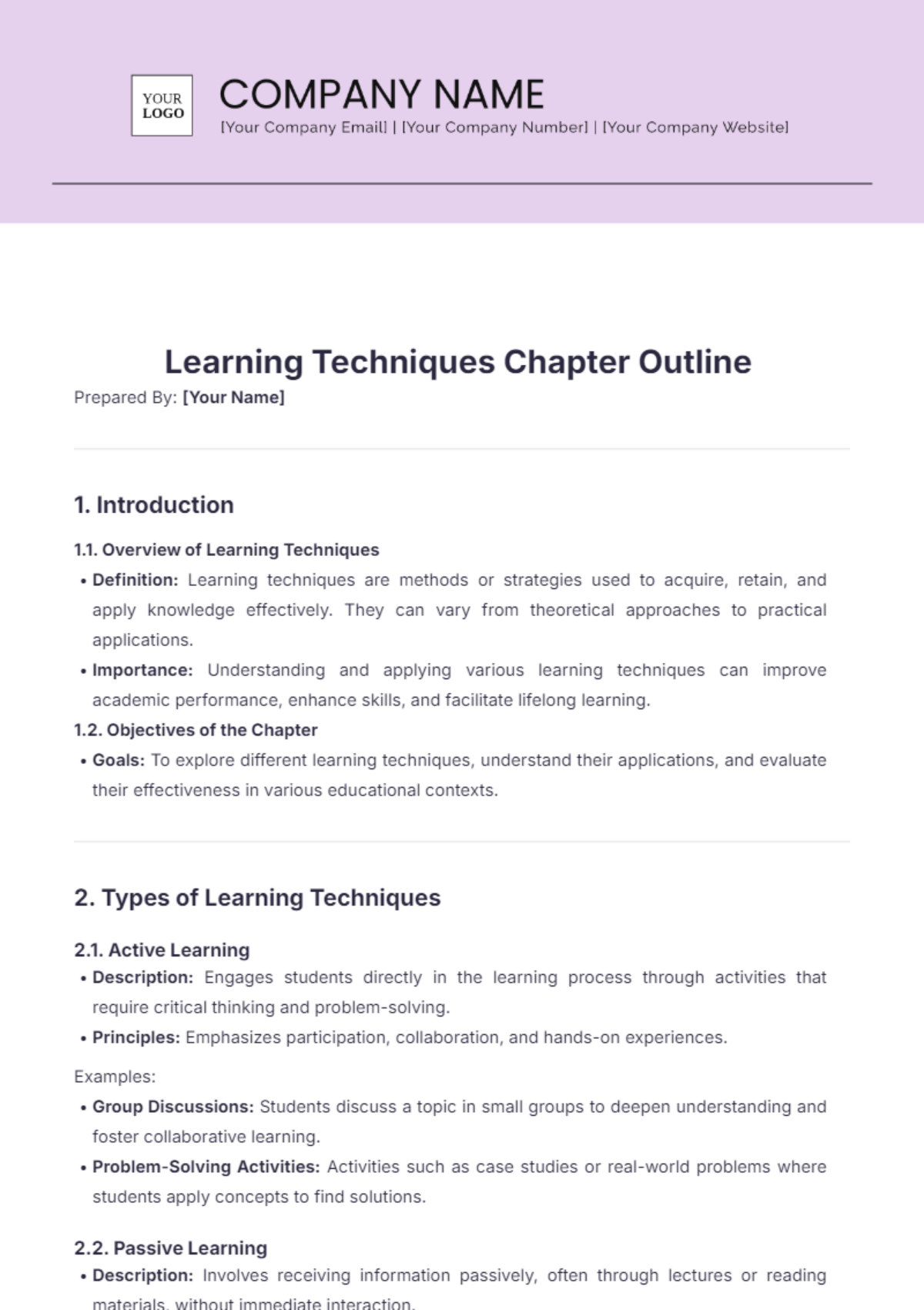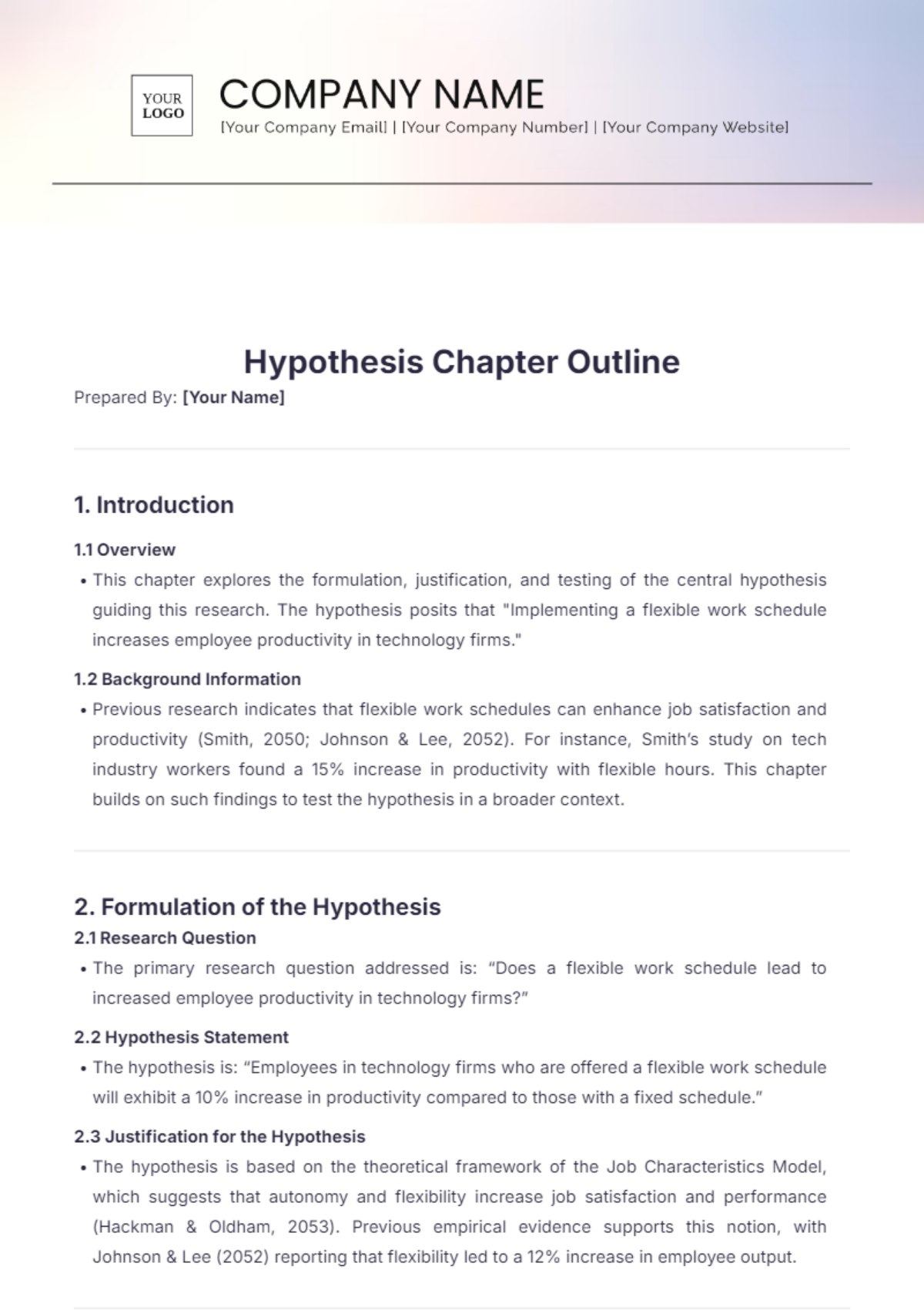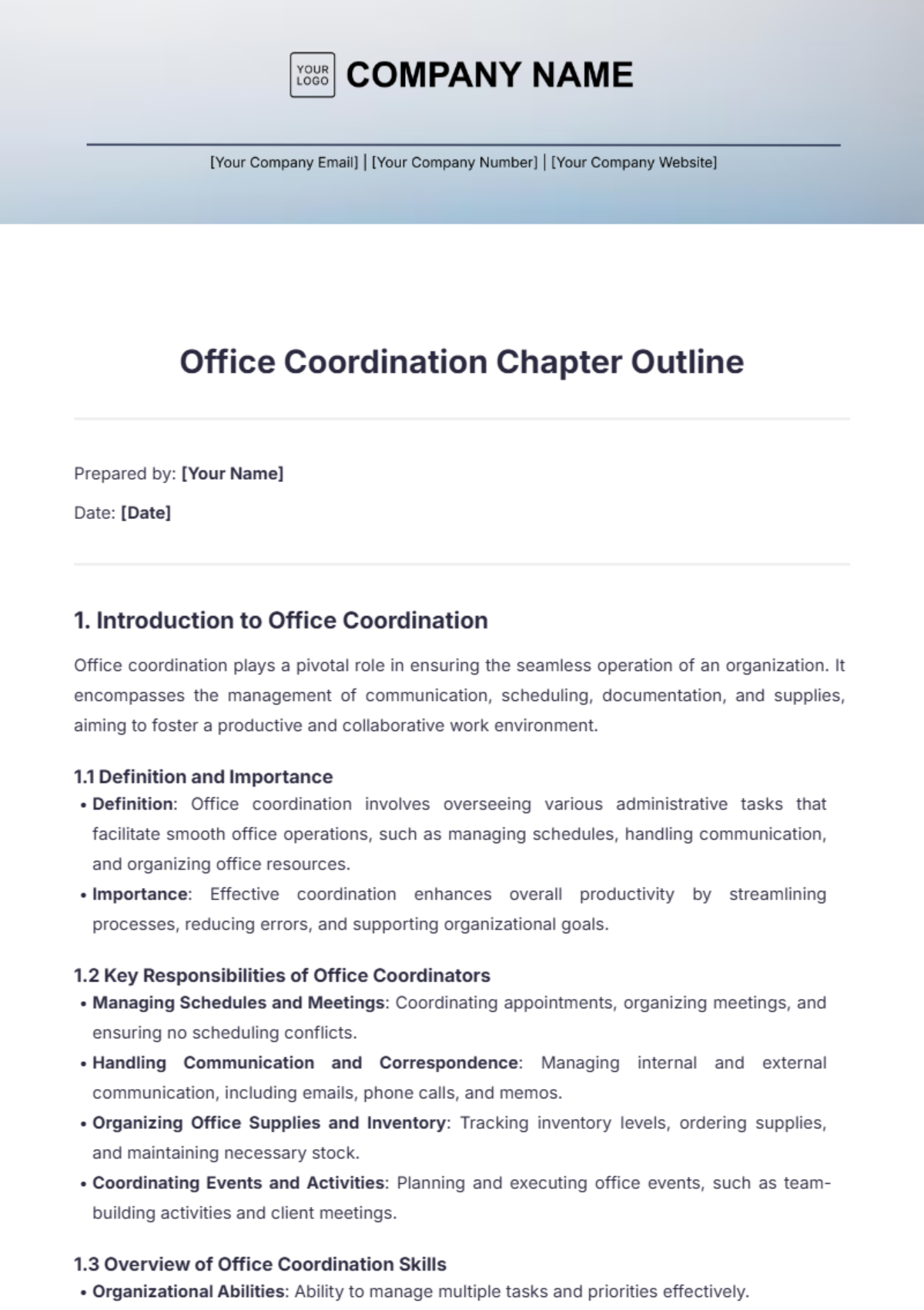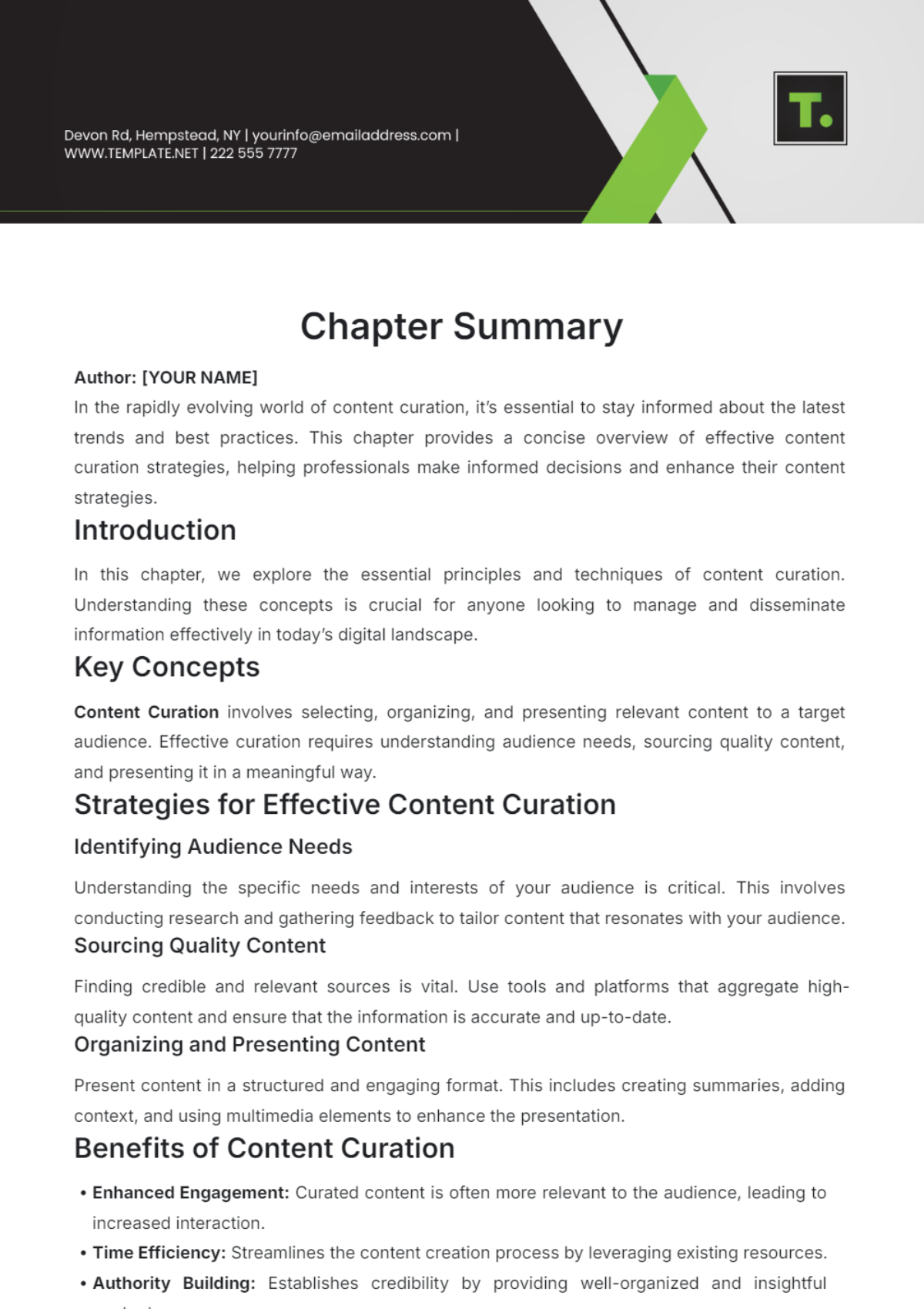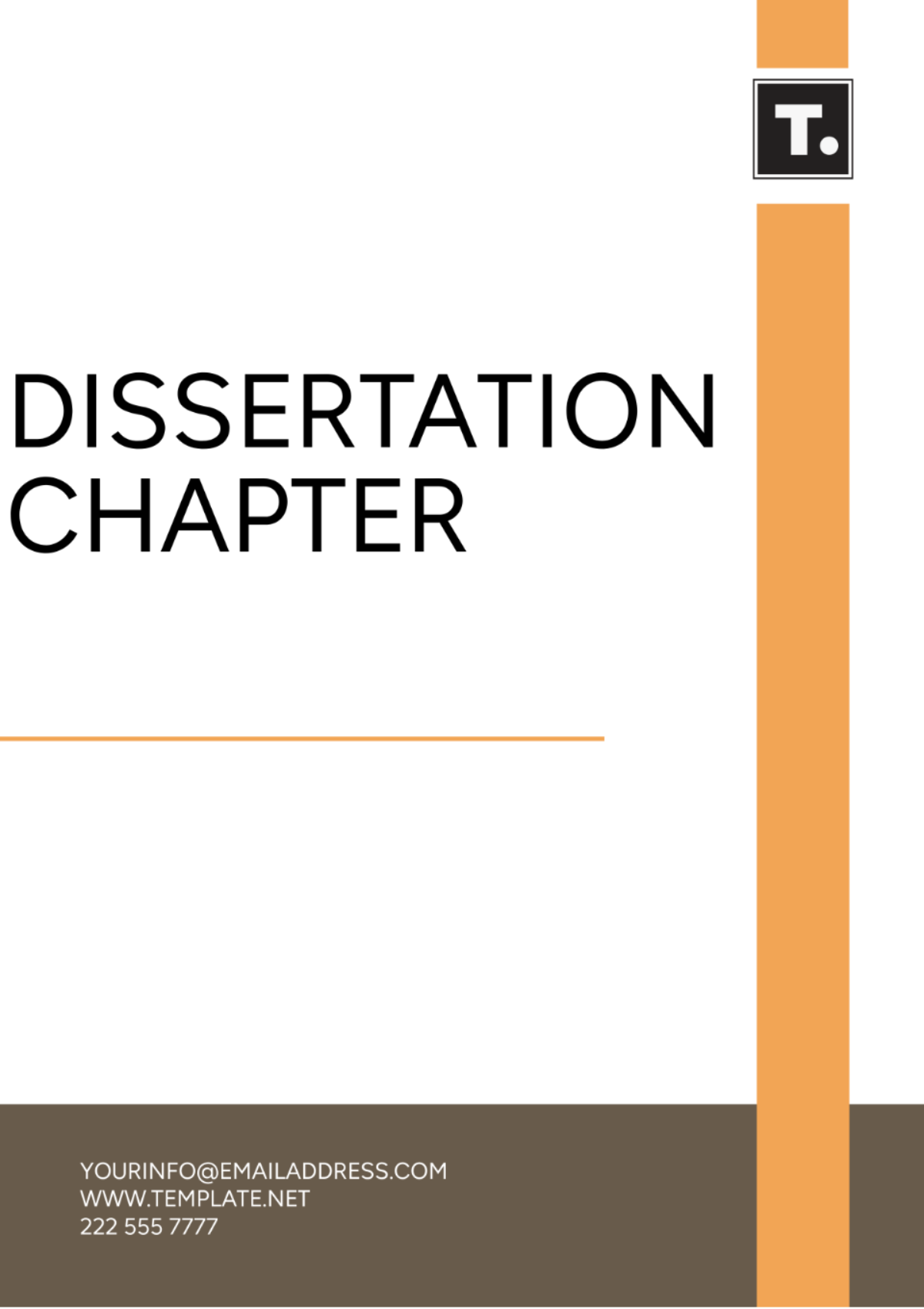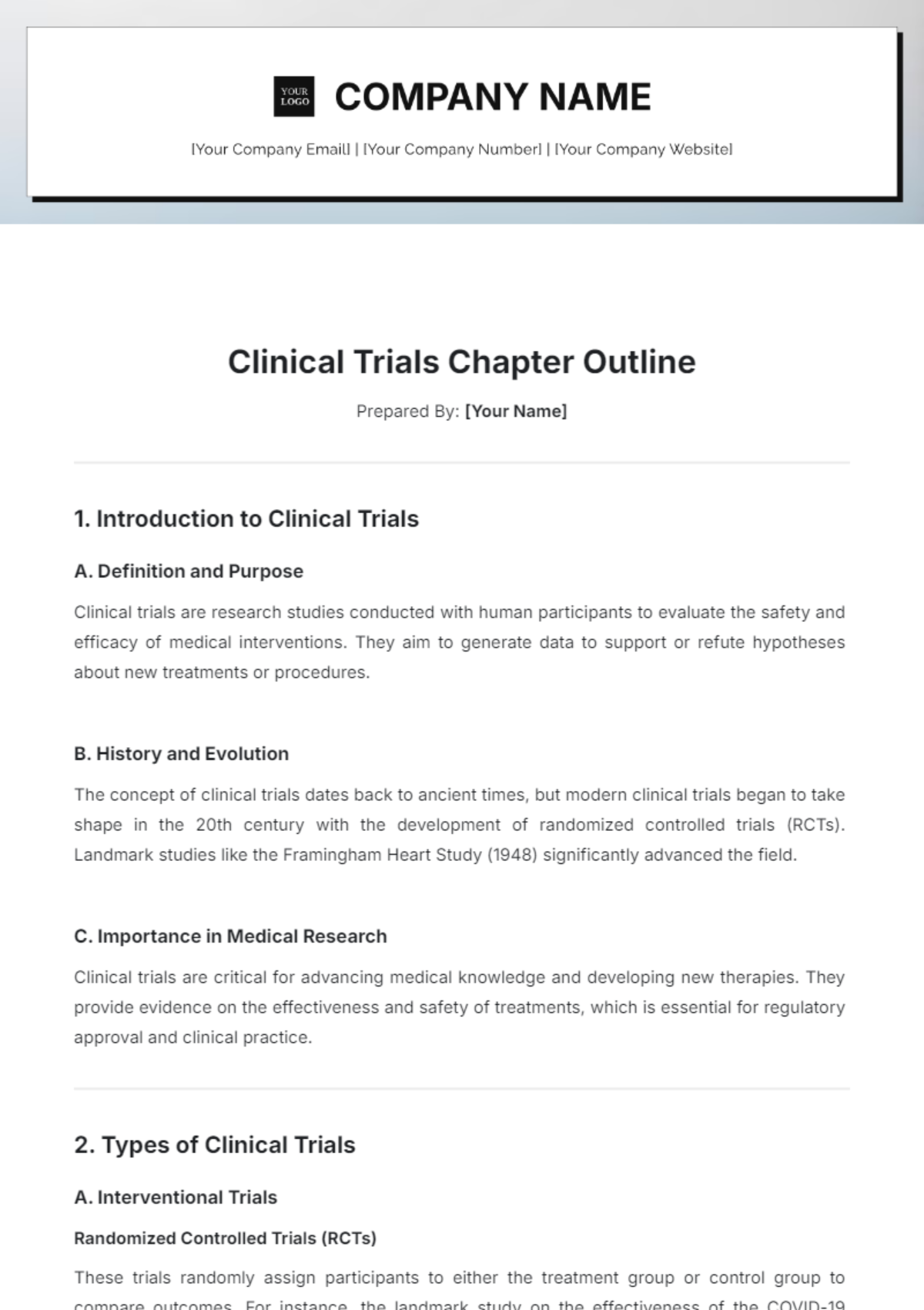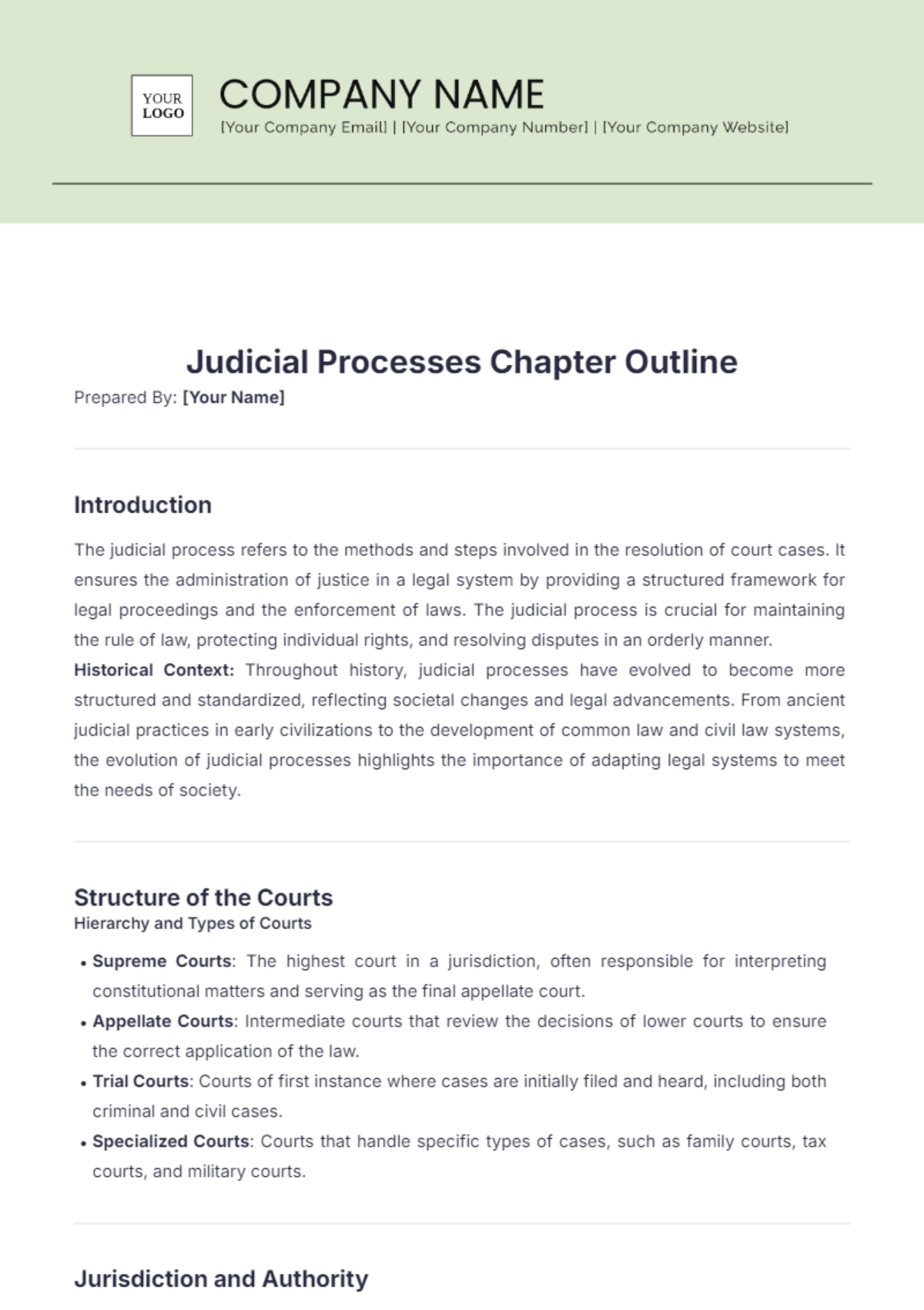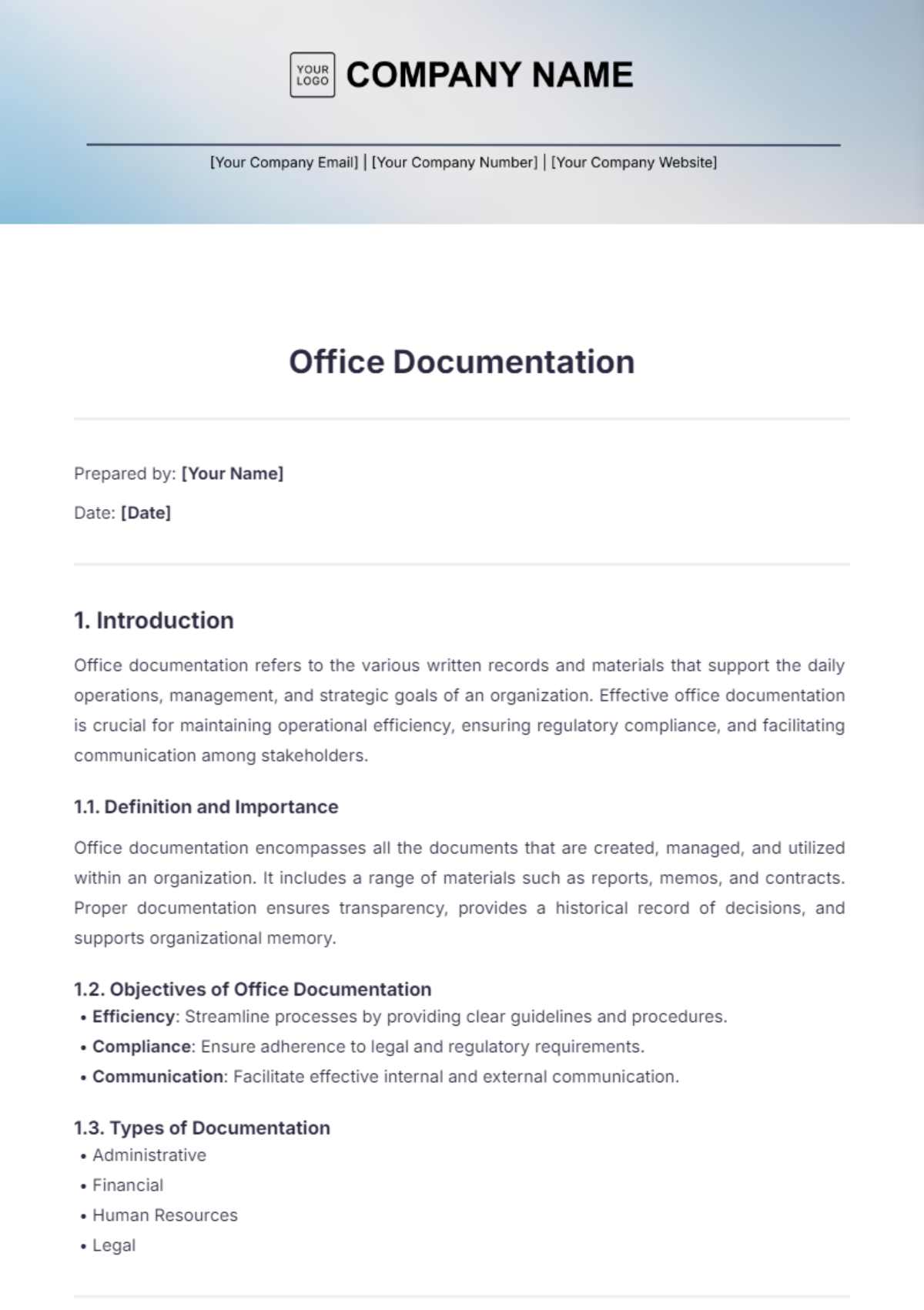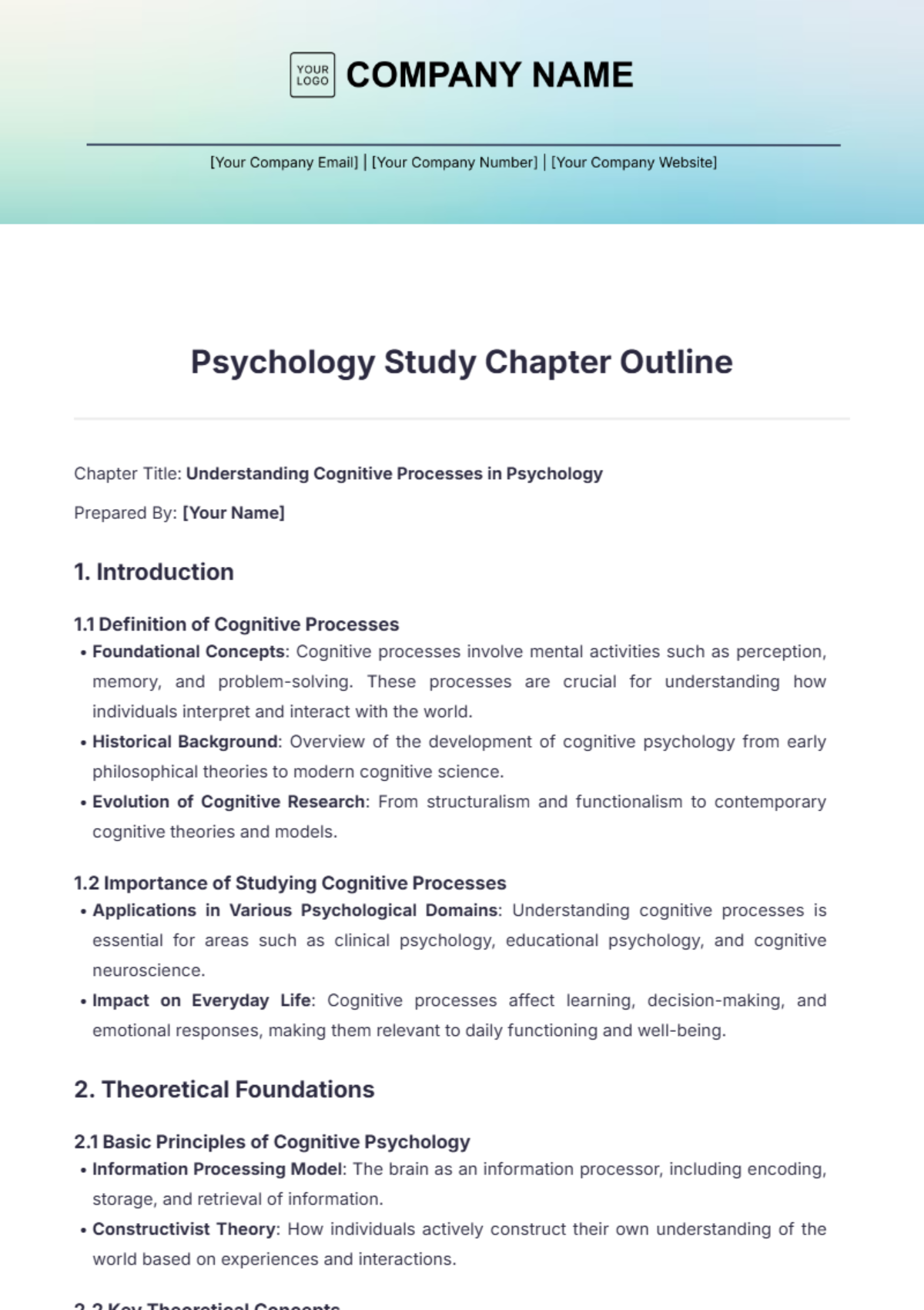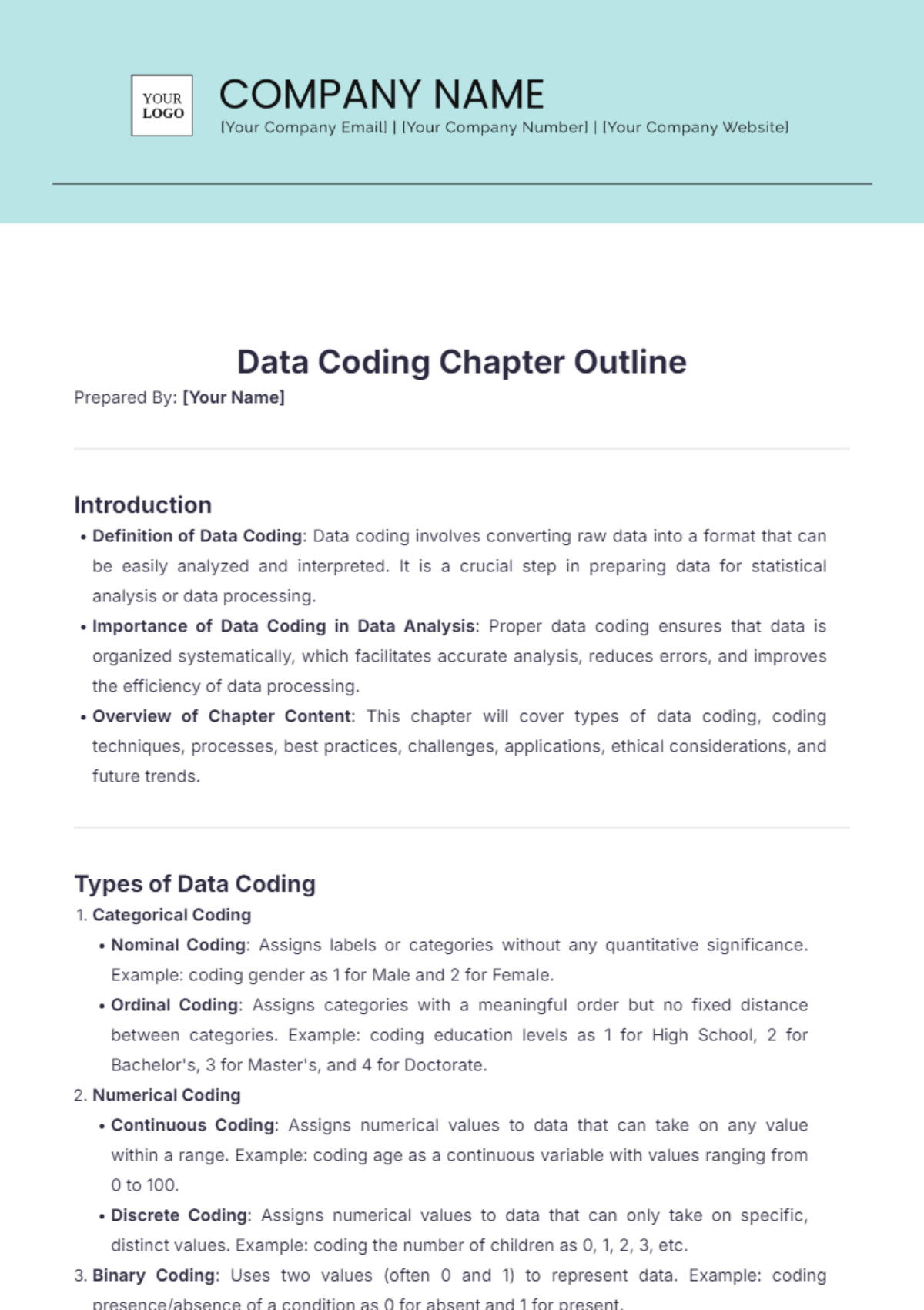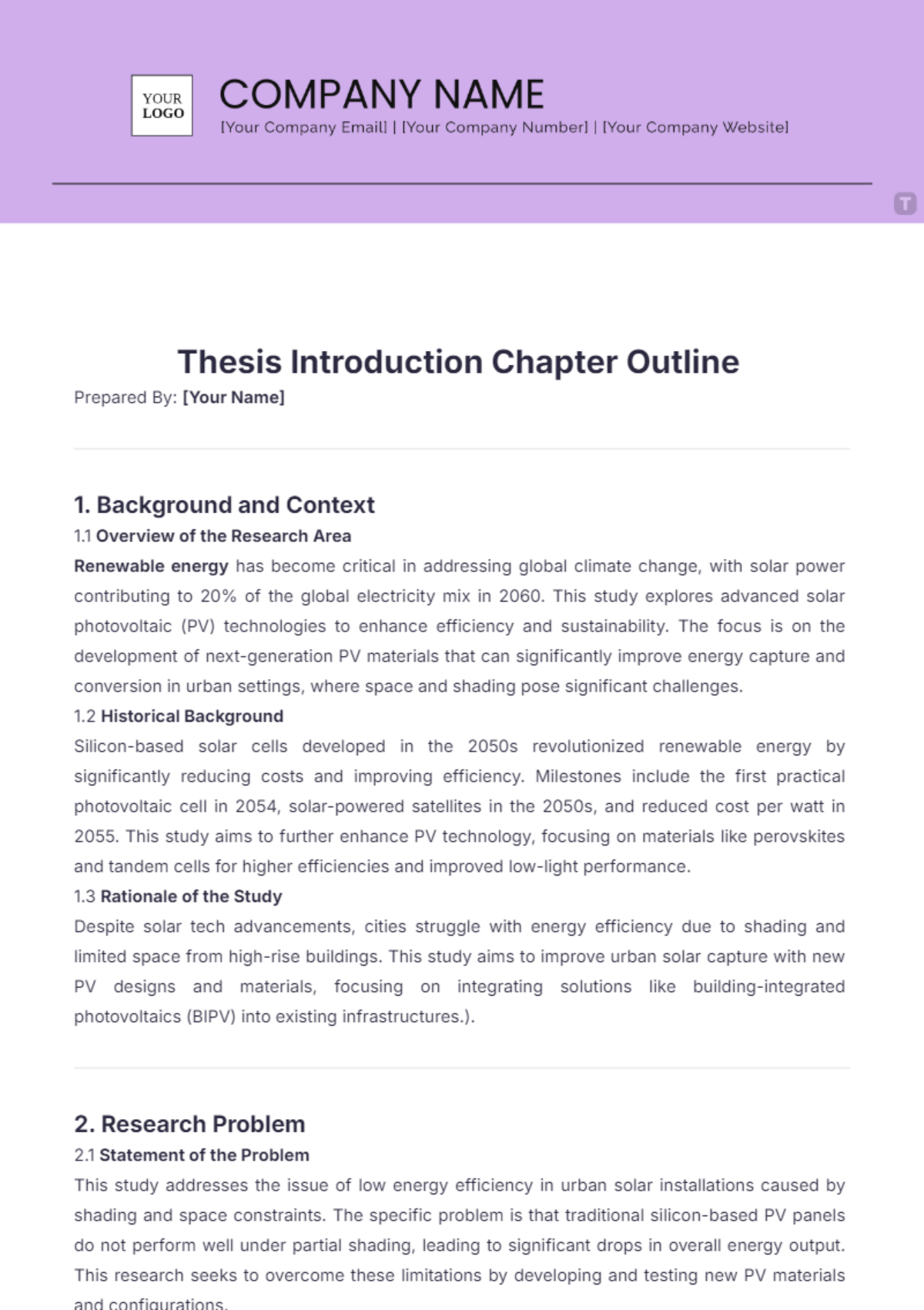Globalization Chapter Outline
Prepared by: [Your Name]
1. Introduction to Globalization
1.1 Definition and Concept
Comprehending the meaning of globalization involves a thorough examination of its fundamental definitions as well as an in-depth understanding of its overall conceptual framework.
1.2 Historical Background
Exploring the origins and progressive development of globalization, tracing its journey from ancient civilizations to contemporary society, and examining how it has evolved through various historical epochs up to the present day.
1.3 Importance of Studying Globalization
A detailed examination of the profound impact that globalization has on contemporary society, accompanied by an exploration of the reasons why it is critically important to engage in the study of this phenomenon.
2. Economic Dimensions
2.1 Global Trade
Conducting a comprehensive analysis of the impact that globalization has on international trade, which encompasses examining various trade policies and agreements, is essential to understanding the changing dynamics in the global marketplace.
2.2 Foreign Direct Investment (FDI)
An in-depth examination of how globalization has affected the patterns of foreign direct investment (FDI) flows and the resultant impacts on economic growth across different international markets.
2.3 Global Supply Chains
Comprehending the processes involved in the establishment and administration of international supply chains within the framework of an increasingly interconnected and interdependent global economy.
2.4 Multinational Corporations (MNCs)
An in-depth exploration of the role and various strategies employed by multinational corporations in their efforts to drive and shape the process of globalization.
3. Political Dimensions
3.1 Global Governance
Engaging in a thorough examination of the various institutions and frameworks that play a crucial role in enabling and supporting international cooperation and governance.
3.2 Geopolitical Dynamics
Analyzing the effects of globalization on geopolitics involves examining the various ways in which global interconnectedness influences shifts in power dynamics and the nature of international relations. This comprehensive analysis looks into how economic, social, and cultural exchanges across borders are reshaping the traditional structures and balance of power, as well as altering diplomatic interactions and alliances between nations.
3.3 Policy Implications
This research entails an in-depth examination of how the phenomenon of globalization affects the development and implementation of policies within individual nations, as well as the overarching processes through which these policies are formulated and enacted.
4. Cultural Dimensions
4.1 Cultural Exchange
This research involves an in-depth examination of how globalization promotes the exchange of cultural elements and encourages the merging and blending of different traditions and values.
4.2 Cultural Homogenization
Engaging in a thorough and detailed examination of both the apprehensions and the tangible aspects associated with the phenomenon of cultural homogenization within the context of an increasingly interconnected and globalized world.
4.3 Identity and Globalization
Conducting a thorough analysis of how the process of globalization influences and shapes both individual and collective identity formation.
5. Social Dimensions
5.1 Migration and Diasporas
The comprehension of the various trends and behaviors associated with migration, along with the subsequent emergence and expansion of diasporas, can be largely attributed to the far-reaching impacts of globalization.
5.2 Inequality and Social Justice
Engaging in a comprehensive discussion about the effects and consequences of globalization on social inequality, while also examining the efforts and initiatives aimed at achieving social justice.5.3 Health and Education
Analyzing how globalization affects health outcomes and education systems worldwide.
6. Technological Dimensions
6.1 Information and Communication Technologies (ICT)
This research delves into the intricate role that Information and Communication Technology (ICT) plays in propelling the process of globalization. Furthermore, it examines how advancements in ICT contribute to enhanced connectivity between individuals, businesses, and nations, as well as the profound effects it has on the flow of information across various channels and platforms.
6.2 Innovation and Research
Engaging in a comprehensive dialogue on how globalization acts as a catalyst for innovation and promotes collaborative research efforts that span across international borders.
6.3 Digital Divide
This research delves deeply into the examination and analysis of the myriad challenges and far-reaching consequences that arise from the existence of the digital divide, particularly within the complex and interconnected framework of a globalized digital landscape.
7. Environmental Dimensions
7.1 Global Environmental Issues
This paper aims to emphasize a range of significant environmental challenges that are being intensified due to the processes of globalization, with particular attention to issues such as climate change.
7.2 Sustainability and Globalization
Engaging in a comprehensive discussion about the various principles and notions of sustainability, and examining in detail how these principles interact with and are influenced by the practices and processes associated with globalization.
7.3 Environmental Policies and Agreements
Engaging in an in-depth exploration of various international environmental policies and agreements that have been established to reduce the harmful impacts of globalization.
8. Criticisms and Challenges
8.1 Anti-Globalization Movements
Exploring the origins, objectives, and consequences of movements that stand in opposition to various elements of globalization.
8.2 Economic Disparities
Engaging in a comprehensive discussion on the economic disparities that emerge as a consequence of globalization, while also considering and proposing various potential measures to mitigate and address these inequalities.
8.3 Cultural Erosion
An in-depth examination and discussion of the various apprehensions and issues related to the potential erosion and loss of cultural identities and traditions as a result of the accelerating process of globalization.
9. The Future of Globalization
9.1 Trends and Projections
Examining the potential future trends as well as making detailed projections concerning how globalization will develop over time and the various ways in which it will impact different facets of society, economies, culture, and international relations.
9.2 Adaptation and Mitigation Strategies
Engaging in a comprehensive dialogue to explore and evaluate various strategies that countries and organizations can adopt to effectively adapt to the multifaceted and dynamic challenges posed by the phenomenon of globalization, while also implementing measures to mitigate its potential adverse impacts on diverse economic, social, and cultural landscapes around the world.
10. Conclusion
10.1 Summary of Key Points
Providing a detailed and thorough recap of the essential insights and significant points that were examined and discussed within the structure of the outline.
10.2 Final Thoughts
Offering comprehensive final insights on the entirety of the discussion regarding the phenomenon of globalization.
















